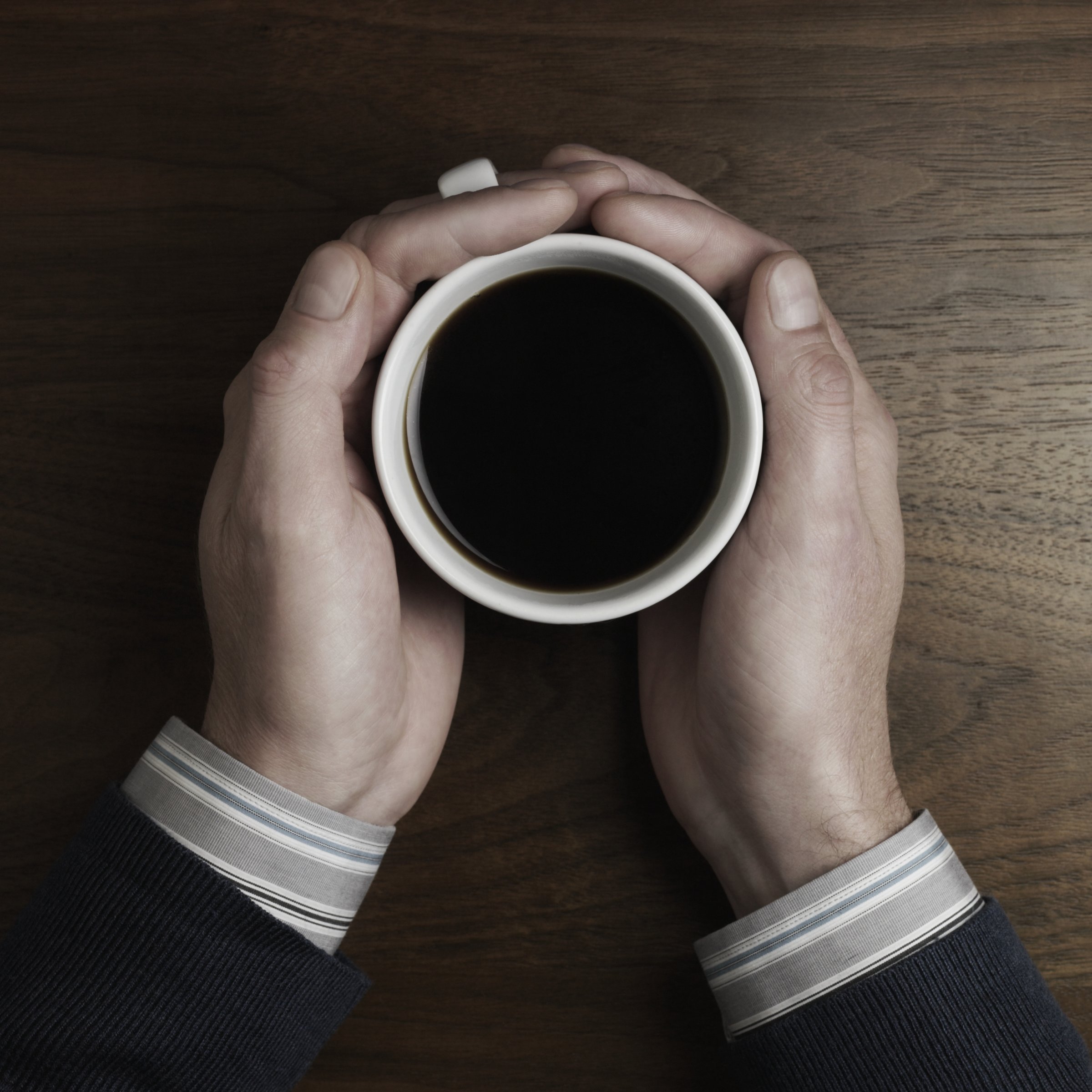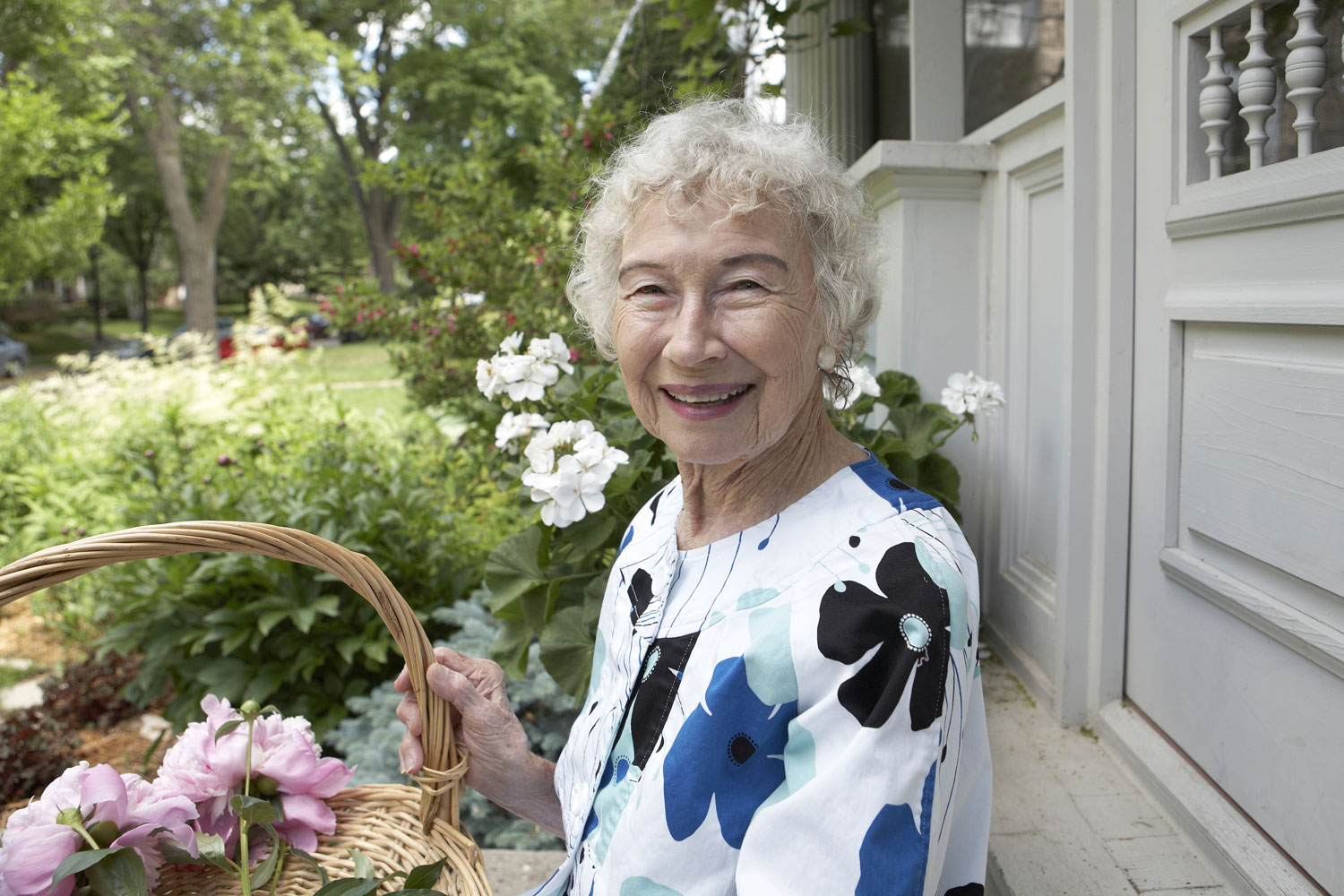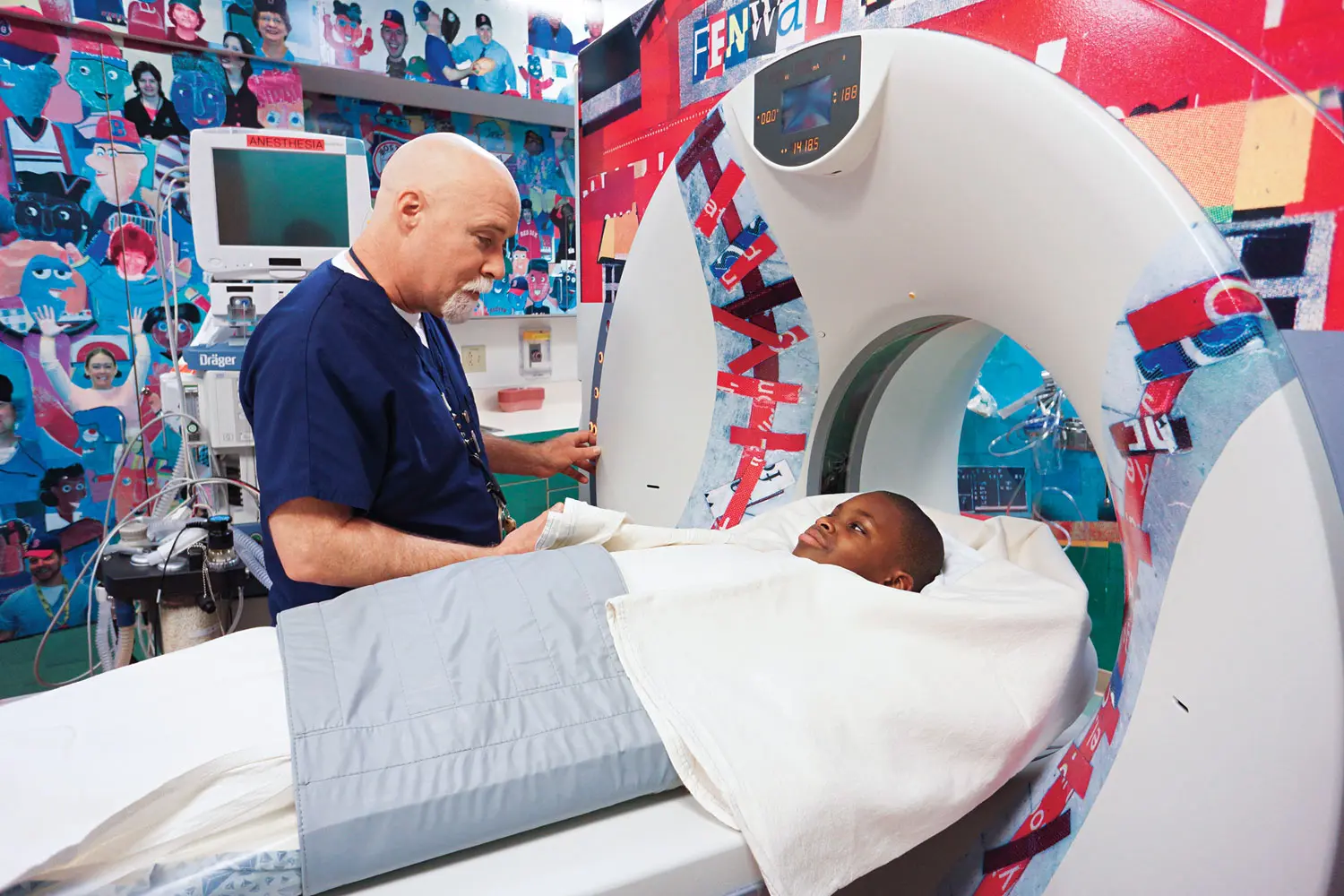

Thirteen years ago, I was the No. 1 sales rep in the country for Radio Disney. I was passionate, full of energy and drive, and committed to being as productive as I could each day. I was also hopelessly addicted to coffee. I began each morning with an extra large coffee from Dunkin’ Donuts. Then at lunchtime I had a second large cup of coffee. On most days, I’d follow that up with a third large cup of coffee around 4 p.m. for the final sales push of the day.
When the local Dunkin’ Donuts knows your name and order and begins to make your coffee the moment you walk in the door, you probably should know you have a problem. (Thanks Benny, the manager of the Allston-Brighton, Mass., Dunkin Donuts!) But I didn’t think I had a problem. How could I? I was making great money and achieving everything asked of me at work and more.
See the 10 Healthiest Cities to Live in America










Fast forward to last year. I was running Likeable Local, serving as chairman for Likeable Media, writing books, and raising a family all at once. And I was still leaning on my good friend coffee to get through each day. Coffee in the morning, coffee at lunch, coffee in the late afternoon. Some later nights I even had a fourth large coffee to help me work until 2 a.m. or so. Then at 6 a.m., I’d start it all over again.
Things were going great on the outside, but like any addiction, my coffee intake wasn’t without its consequences. I had gained a lot of weight. I was irritable and anxious. I felt simply out of balance—the coffee felt great, but each time the caffeine wore off, I felt depressed and tired and struggled until I got my next fix.
I wasn’t happy with myself. Eventually, with the help of the Morrison Health Center, I quit coffee (replaced with green tea) and began eating better and exercising more. I lost 50 pounds and felt better than ever. Most surprising, I could still work long days and late nights (every entrepreneur’s necessity) without coffee.
That’s just my story. Admittedly, most people I know drink coffee—especially entrepreneurs. But before you grab that next cup, consider these seven reasons it might be worth calling it quits:
1) Caffeine stimulates the flow of stress hormones, which can cause increased levels of anxiety, irritability, insomnia and muscular tension.
2) Caffeine can cause depression and attention disorders that make it difficult to focus.
3) Too much caffeine can cause insomnia and fatigue, making you tired throughout the day—and less effective.
4) Caffeine dehydrates the body. The acidity of coffee can cause digestive discomfort, heartburn and indigestion.
5) Caffeine can cause insulin sensitivity, making it more difficult for your body to regulate blood sugar.
6) Caffeine triggers the release of adrenaline, the source of the “fight or flight” response. This is great when a bear is chasing you, but not so great when you’re responding to email.
7) Coffee addiction is expensive. At my worst, I was spending $50 per week on coffee alone. Since I quit, I’m saving $2,500 per year.
I’ve never felt as great as I do now that I’ve conquered my coffee addiction. I still get together with people for “coffee” all the time. I just get green tea or water instead. And I’m still as productive as ever, sometimes late into the night. So today, consider celebrating National Coffee Day by calling it quits.
Now it’s your turn. What is your experience with coffee? Could you live without it? Do you think it makes you more productive at work? Do you feel any of the above side effects?
This post is in partnership with Inc., which offers useful advice, resources and insights to entrepreneurs and business owners. The article above was originally published at Inc.com
More from Inc.:
More Must-Reads from TIME
- Donald Trump Is TIME's 2024 Person of the Year
- Why We Chose Trump as Person of the Year
- Is Intermittent Fasting Good or Bad for You?
- The 100 Must-Read Books of 2024
- The 20 Best Christmas TV Episodes
- Column: If Optimism Feels Ridiculous Now, Try Hope
- The Future of Climate Action Is Trade Policy
- Merle Bombardieri Is Helping People Make the Baby Decision
Contact us at letters@time.com